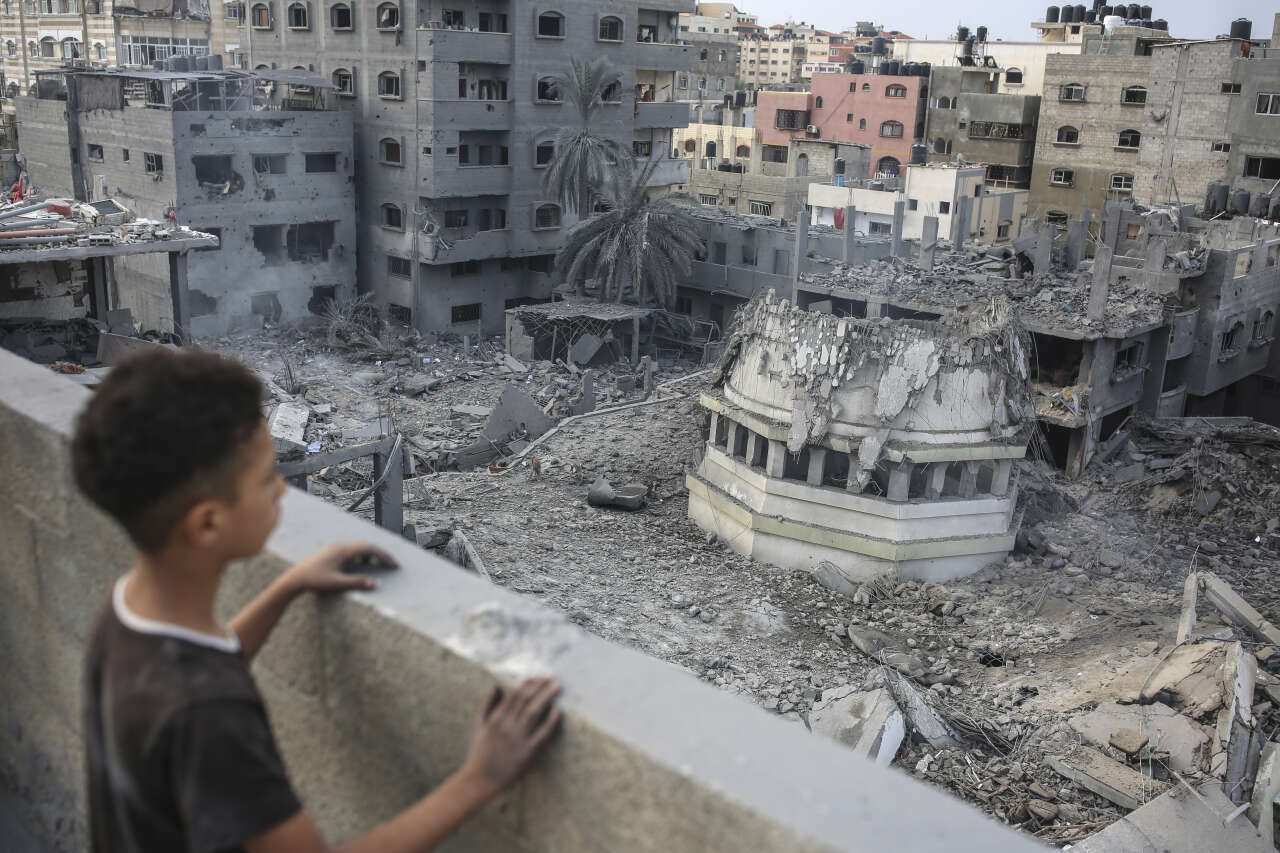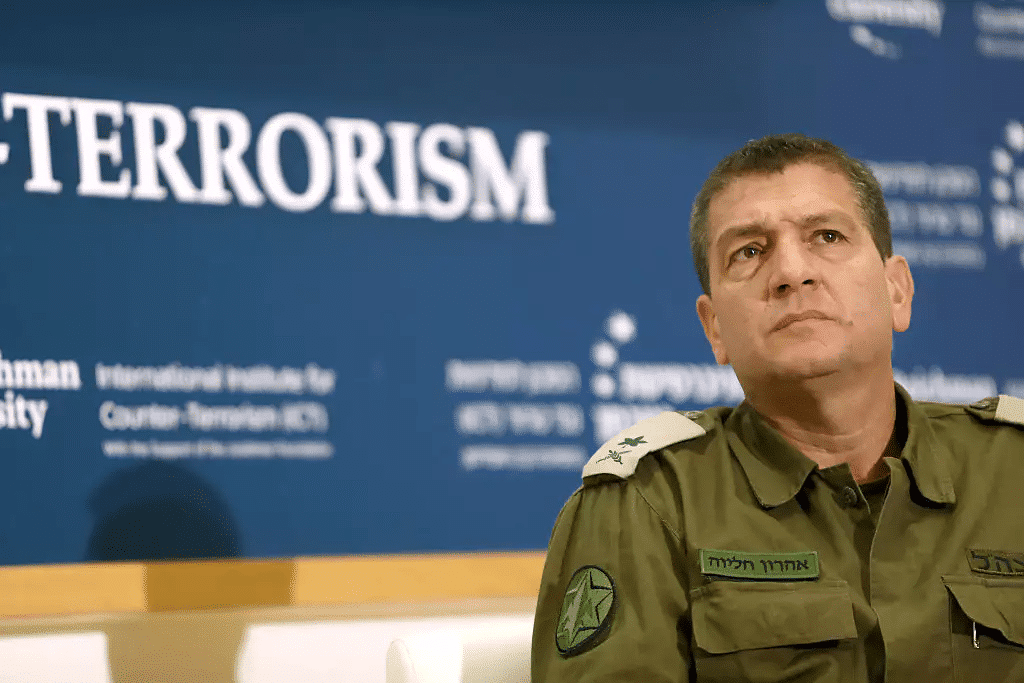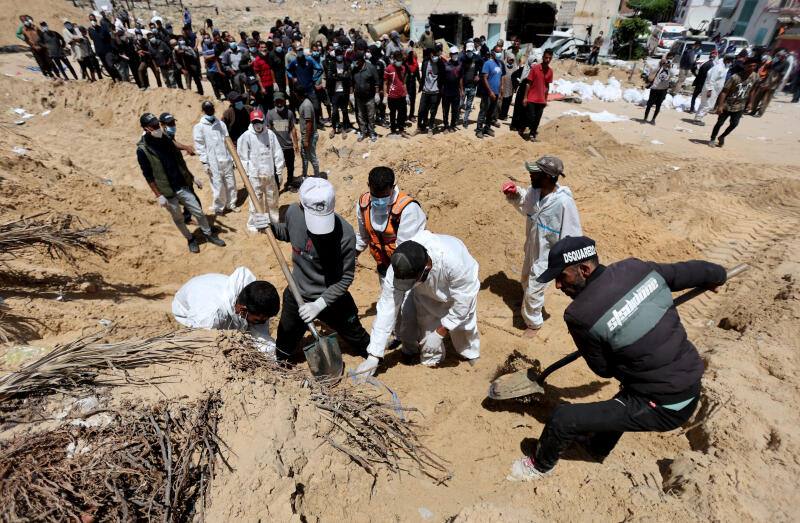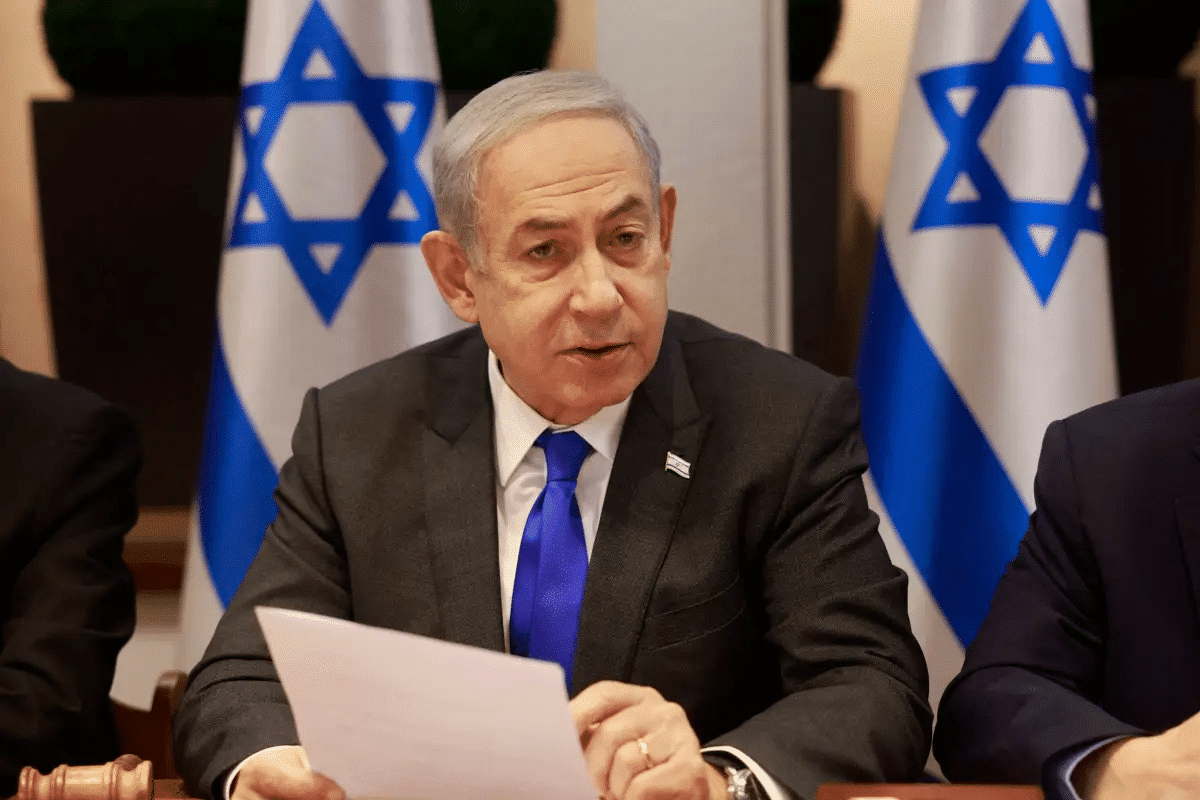As the conflict between Israel and Hamas enters its 200th day on Wednesday April 24, violence and tragic events persist. In an atmosphere of growing tension, calls for a peaceful resolution of the crisis have been in vain, leaving the prospects for appeasement uncertain.
Since the outbreak of the conflict between Israel and Hamas 200 days ago, the region has been marked by a series of tragic events and political developments. The war, which began on October 7, 2023 with a surprise attack by Hamas on Israel, has had devastating consequences for both sides, and has provoked intense national and international reactions.
On Monday April 22, the Hebrew state celebrated the start of Passover, the holiday of Pesach. With 129 Israeli hostages still being held in Gaza since October 7, 2023, the families asked that an empty chair be left at the ritual seder meal on Monday evening, in their memory.
Plunged into a confrontation with Iran, its sworn enemy, and engaged in an offensive against the Islamist movement, allied with Teheran, Israel received new support from the United States last Saturday, with the approval by the House of Representatives of $13 billion in military aid.
After a week of extreme tensions between Iran and Israel, the situation seemed to ease on Saturday. However, in the besieged Gaza Strip, which faces the threat of famine, the conflict continues to rage on with no sign of a truce, while new episodes of deadly violence have broken out in the West Bank, a territory occupied by Israel since 1967.
An ongoing conflict
According to official Israeli data, the attack in Israel on October 7, 2023 caused the loss of 1,170 lives, mainly civilians. In retaliation, Israel aims to destroy Hamas, which has been in power in Gaza since 2007.
The Hebrew state has launched an offensive campaign that has so far resulted in the deaths of 34,151 people, including 54 in the last twenty-four hours, according to information provided by the Hamas Ministry of Health.
General Aharon Haliva, head of Israeli military intelligence, has resigned, taking full responsibility for Israel’s rout in the face of the deadly Hamas attack on October 7, 2023. He thus becomes the first political or military figure to resign since this event.
“On October 7, 2023, Hamas carried out a deadly surprise attack against the State of Israel (…) the intelligence service under my command failed to fulfill the mission entrusted to us,” wrote the officer, who has a thirty-eight-year military career, in his letter of resignation. “I have carried this dark day with me ever since. Day after day, night after night. I will carry this terrible pain with me forever.”
Israel on the offensive
On Monday April 22, Israeli air strikes targeted the Palestinian camps of Nousseirat and Maghazi, as well as the coastal areas of Deir Al-Balah in the central Gaza Strip, and the towns of Rafah and Khan Younès in the south of the enclave. According to the Gaza Civil Defense, Israeli strikes on two houses in Rafah, in the south, killed at least 16 people in all on Sunday. Zeitoun, a neighborhood in the southeast of Gaza City, was also hit by shelling, while drones struck a schoolyard in the Al-Boureij camp in the center of the territory.
The Israeli army also launched an operation in the central Gaza Strip, aimed at eliminating terrorists and dismantling infrastructure used by them. The Hamas Ministry of Health reported 48 deaths in 24 hours across the territory.
In addition, the Gaza Strip’s Civil Defence said it had exhumed around two hundred bodies over the past three days. These were those of people killed and buried by Israeli forces in mass graves inside the Nasser hospital in Khan Younès.
“Our teams continue to find bodies in the Nasser medical complex compound and, since Saturday, the bodies of around two hundred martyrs have been exhumed,” said Mahmoud Bassal, a civil defense spokesman. Two other Gaza Strip officials said that 283 bodies had been exhumed.
Controversy over political neutrality
A report conducted by an independent group chaired by former French Foreign Minister Catherine Colonna, at the request of UN Secretary General Antonio Guterres, concluded that the UN agency for Palestinian refugees (UNRWA) in the Gaza Strip has “problems of political neutrality”.
However, he points out that Israel has yet to provide evidence regarding allegations that some UNRWA members are linked to terrorist organizations. Despite these concerns, the report also stresses that UNRWA remains “irreplaceable and indispensable” to the Palestinians.
UNRWA employs over 30,000 people in the region, covering Gaza, the West Bank, Lebanon, Jordan and Syria. Israel has accused the agency of employing “over 400 terrorists” in Gaza, and directly implicated twelve of its employees in the attack of October 7, 2023. These accusations led to the suspension of funding by some donors, although some funding has since been restored.
Netanyahu under fire
Since the attack on October 7, 2023, Prime Minister Benjamin Netanyahu has been the subject of fierce criticism from a variety of stakeholders in Israel and abroad. Popular protests, political analysts and even international officials are voicing their disapproval of his handling of the hostage crisis, as well as other aspects of his policy.
Israeli demonstrators criticize Benjamin Netanyahu for failing to do everything in his power to ensure the return of the hostages still held by Hamas. Despite repeated appeals from the hostages’ families and the Israeli public, negotiations for their release appear to have stalled. Some go so far as to accuse the Israeli leader of losing interest in the fate of the hostages, arguing that maintaining the tension could be politically advantageous for him, notably by diverting attention from the corruption cases that concern him.
In addition, Benjamin Netanyahu is being criticized for what is perceived as a security failure in the October 7 attack and the events that followed. Some feel that the government failed to ensure the safety of Israeli citizens, leaving the population vulnerable to Hamas attacks.
In addition, the Prime Minister is facing threats of international prosecution for war crimes, notably by the International Criminal Court. Reports indicate that international arrest warrants could be issued against him and other senior Israeli officials for their alleged involvement in human rights violations during the recent events in Gaza. This prospect has prompted Netanyahu to seek diplomatic support to counter these threats, and to prepare arguments in his defense.
International pressure on Israel has intensified, particularly from the United States and the European Union, to resolve the humanitarian crisis in Gaza and guarantee Palestinian rights. The sanctions envisaged by the United States against certain units of the Israeli army underline the urgency for Benjamin Netanyahu to respond to international concerns and restore confidence in his ability to manage the current crisis.
As the conflict between Israel and Hamas enters its 200th day tomorrow, the prospects of a peaceful resolution seem remote. In this tense context, the search for a diplomatic solution and de-escalation remains an urgent priority for all parties involved.
Read also>MIDDLE EAST: THE THREAT OF ESCALATING VIOLENCE LOOMS LARGE
Featured photo : © Press



















